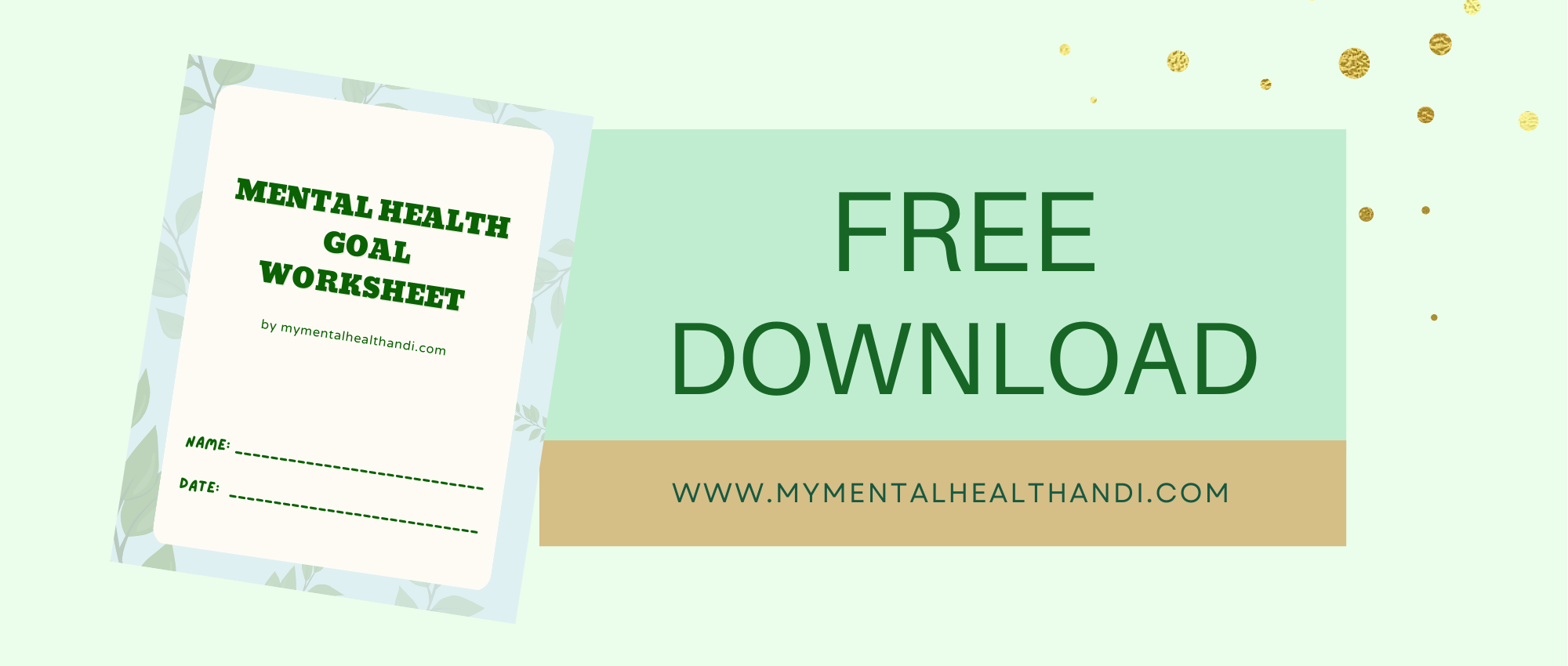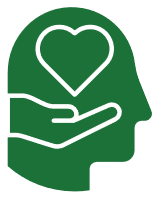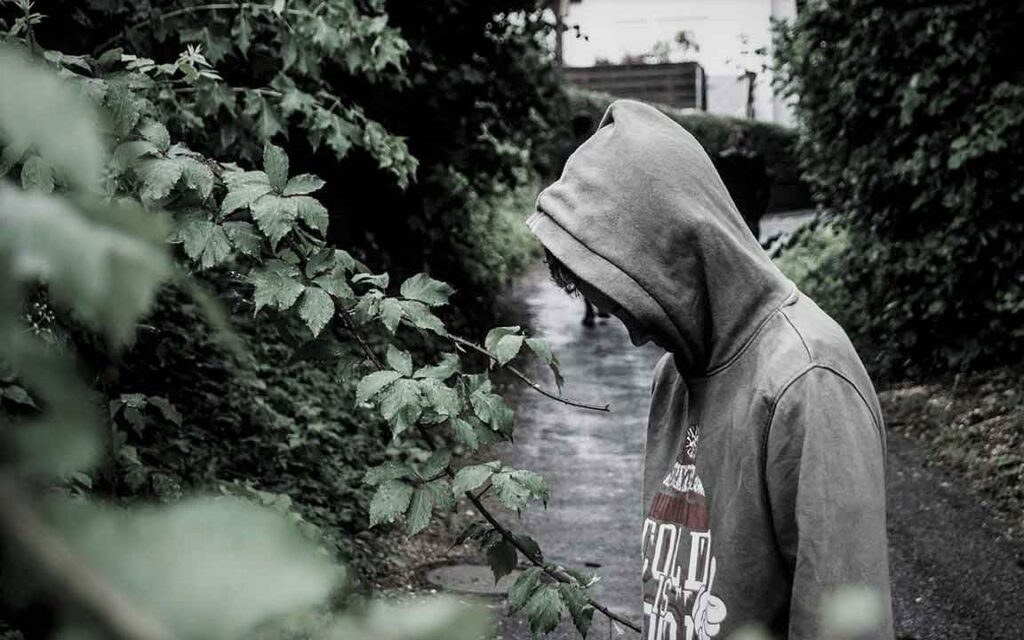Living with Obsessive-Compulsive Disorder
I have struggled with Obsessive-Compulsive Disorder (OCD) for as long as I can remember. OCD is a mental health condition characterized by intrusive thoughts and compulsive behaviours that are difficult to control. For me, OCD has affected every aspect of my life, from my personal relationships to my academic and professional pursuits.
My mental health struggles started in childhood, but it was not until my teenage years that I realized something was wrong. I would spend hours each day obsessing over small details, such as whether I had locked the door or turned off the stove. I would check and re-check these things multiple times, which made it difficult to focus on anything else.
OCD’s Impact on my relationships, work, and Life
OCD has affected my life in many ways. It has made it difficult to maintain relationships because my obsessions and compulsions often take up so much of my time and energy. It has also affected my academic and professional pursuits, as I struggle to concentrate on anything else when I am fixated on a particular thought or behaviour.
One of the most challenging aspects of living with OCD is the shame and stigma associated with the condition. People often assume that OCD is a mild quirk or a personality trait, rather than a debilitating mental health condition. This makes it difficult to seek help and explain my struggles to others.
Finding Relief
Despite the challenges, I have found that therapy and medication have been helpful in managing my symptoms. Cognitive-behavioural therapy, in particular, has helped me to reframe my thoughts and behaviours and to develop coping mechanisms for when my OCD becomes overwhelming. My therapist helped me to realize that my thoughts and behaviours were not a reflection of my character or morality, but rather a symptom of a medical condition.
In addition to therapy, medication has also been helpful in managing my symptoms. While medication is not a cure-all, it has helped me to reduce the intensity and frequency of my obsessions and compulsions, which has allowed me to focus more on other aspects of my life.
 Get a free mental health goal worksheet
Get a free mental health goal worksheet
Advocating for change
I would like to see more awareness and understanding of OCD and other mental health conditions. Education and awareness campaigns could help to reduce the stigma associated with mental illness and encourage people to seek help. Additionally, more resources and funding should be allocated to mental health services, particularly in developing countries such as Nigeria, where access to treatment is limited.
OCD is a mental health condition that can be debilitating, but it is also treatable with the right support and resources. I hope that sharing my story will help to increase awareness and understanding of OCD and other mental health conditions and encourage people to seek help if they are struggling. Remember, mental health is just as important as physical health, and seeking help is a sign of strength, not weakness.
Mary is a freelance writer from Lagos, Nigeria, who has a passion for storytelling and uses her writing to explore complex themes and emotions. Despite facing challenges with her mental health, she remains optimistic and believes in the power of storytelling to create positive change in the world.
Inspired by this story? Share your story with others. Tell us how mental illness has affected your life.



